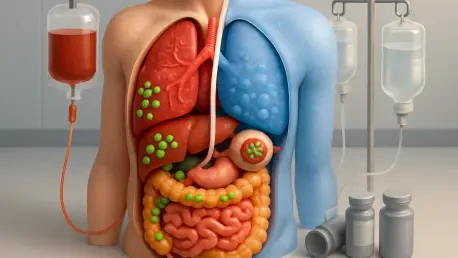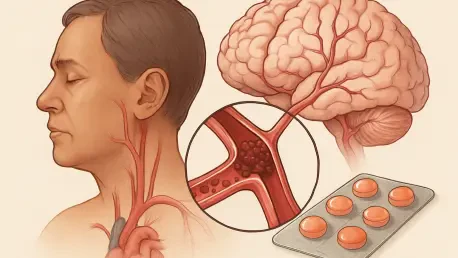
A daily habit as ordinary as pouring a third or fourth cup of coffee may have aligned with a five-year edge in biological aging among people living with schizophrenia and mood disorders, hinting that moderation could matter more than any exotic supplement. The notion is surprising because coffee

When a lifesaving transplant risks unleashing the very immune fire meant to cure leukemia, choices about how to steer immunity before donor cells arrive determine whether patients heal or face harm. That dilemma sits at the heart of allogeneic hematopoietic stem cell transplantation, where

If bacteria aren’t the whole story of the tumor microenvironment, what crucial signals are being missed from fungi that quietly occupy the same space yet account for only a sliver of the sequencing reads but a disproportionate share of immune cues and clinical outcomes? That challenge has gained

Julia Lainster sits down with Ivan Kairatov, a seasoned biopharma leader with deep experience in oncology R&D, to unpack the latest data from OptiTROP-Lung05 and what it could mean for first-line NSCLC. They explore how a TROP2-directed antibody-drug conjugate combined with an immune checkpoint

Could a single seed pull double duty against inflammation, oxidative stress, microbes, and metabolic drift without the side-effect ledger that shadows many prescriptions, and could it do so in a way that complements rather than competes with standard care? That is the provocation driving a surge of

In a world where a stroke strikes someone every 40 seconds, the fear of a second, potentially fatal event looms large for millions of survivors, creating an urgent need for better solutions. Picture a patient, just recovered from an initial stroke, grappling with the uncertainty of whether their